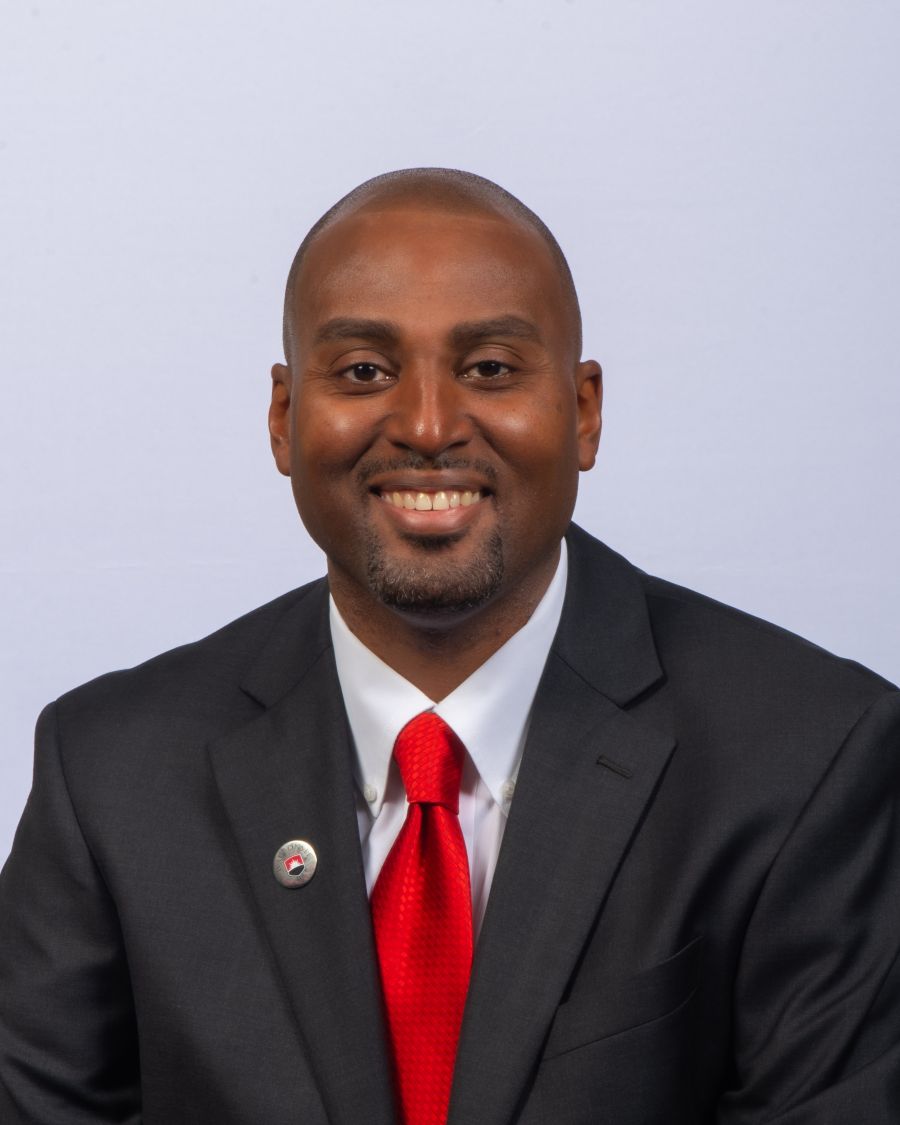


Attending college can expand one's life opportunities and allow future generations to break negative cycles. While it may not be the sole solution for overcoming generational disadvantages, it enhances earning potential and opens doors to a better quality of life. As a High School Transition Advisor at Waubonsee Community College, I have the joy and privilege of working with high school students from diverse backgrounds, including first-generation college-bound students, underserved populations, and those exploring various career paths. This work is my calling, as it aligns with my passion for connecting young people with resources that may have yet to be readily available, such as college readiness programs, financial literacy education, career exploration opportunities, and family education support.
When I meet with high school students each week, I can't help but think of my grandfather, Mr. Pete L. Ross, Sr. He grew up in the South during the Jim Crow era, facing the same challenges as other African Americans and minority groups. Despite limited career and business opportunities, my grandfather had a strong work ethic and determination that could have led him to a professional career if given the chance. Listening to my mother's childhood stories about him, I grew to admire his impeccable work ethic.
I encourage those who are the first in their family to attend college and young people everywhere to adopt a mindset of persistence, preparation, and execution regarding their academic and personal aspirations. Here are eight tips that I believe can make a lasting impact on a student's college success and empower them to be cycle breakers:
- Use a career assessment tool like a Career Coach to explore your interest, unique skills, and potential career paths that match your personality.
- Know your financial literacy status by exploring scholarship options, Free Application for Federal Student Aid (FAFSA), and other financial options, while discussing your options with your family.
- Find a community organization, start volunteering to give back, and develop your self-awareness and leadership skills.
- Seek help writing your college essays and know that it might take a lot of work first; keep practicing!
- Know your support system and their roles in your personal and professional life.
- Understand the high yield of return networking has on your career (Don't be afraid to connect with mentors in your potential career path).
- Start visiting college campuses to understand how colleges work (start local and branch out). Being exposed to campuses will make college feel more realistic.
- Utilize free support resources at your high school (tutoring, exposure to the trades, dual credit) that can benefit you after graduation.
One of the most fulfilling aspects of my profession is witnessing a high school student transition from feeling lost and unsure about pursuing higher education to realizing they can accomplish their goals and excel. They have the potential to be catalysts for change, or what I call cycle-breakers, in their families, communities, and even the world. When conversing with high school students, I often recall a helpful acronym created by Seymour Simon - K.E.Y. - which stands for "Knowledge Empowers You!"
Waubonsee Community College is changing the viewpoints of many first-generation students and even students who feel higher education is out of scope. Waubonsee has so many options to support students to become the best version of themselves. They can offer several support services in tutoring, mentoring, TRIO/Student Support Services, and Waubonsee's financial literacy program, Money Matters, to name a few, at affordable cost, and these are just a few reasons individuals should consider a community college option.

